The Awful Methods Used When Insurance Companies Payout Claims
Every year, insurance companies pay out claims upwards of a billion dollars attempting to convince you that they are your friend, your neighbor, and the one you can trust when disaster happens. For Instance, every year, the courts hear the case after case in which insurance firms take advantage of homeowners by decreasing claim compensation to boost profits.
Even the greatest insurance representative is not your friend, and not every insurance company will undercut your settlement offer. He or she has a job to accomplish, and part of that duty is to maximize company profits while avoiding losses, which is naturally in opposition to your best interests.
How To Approach Insurance Companies About A Cash Settlement?
It can be tough to deal with the aftermath of an incident or an accident. In many circumstances, insureds become embroiled with insurance companies in order to get claims reimbursed on time.
For instance, when you are involved in an accident that results in serious property damage, the next step is to seek compensation from the insurance company that covers your property. However, because insurance companies lose money when they have to pay out after an accident, obtaining a fair price for the damage can be challenging.
Identifying the genuine worth of a property is the first stage in the negotiation process. Although a claims adjuster will determine how much it will cost to repair your property, knowing its value will help you in your negotiations.
Now that you have a minimum compensation number based on your calculations, the following step is to write a demand letter to the insurance company:
- Describe the accident or details about the claim in full.
- Describe any injuries you sustained as a result, as well as any medical treatment you needed for the injuries and ongoing health problems.
- Describe the degree of your property’s damage.
- Discuss any further losses or damages that resulted from the claim.
However, it is recommended that you review the policy terms and conditions and, if necessary, get insurance expert guidance to help you analyze your claims and assess your losses.

Getting Maximum Dollar When Insurance Companies Payout Claims?
To further analyze with an example say demonstrating your ability to advance your property insurance claim through the process sends a strong message to your insurance company and claims adjuster that you will not be exploited. To be successful, you’ll need to:
- Know what your coverage covers and what it doesn’t.
- Follow your policy’s claim procedure, making sure you follow all of your contractual duties and deadlines.
- Recognize which sections of your policy are open to interpretation.
- Create a claim strategy based on your knowledge of your policy’s coverages, endorsements, exclusions, and policy limits.
- Everything should be documented.
- To your insurance claims adjuster, present your case and supporting paperwork.
- Negotiate for the settlement you desire, require, and are entitled to.
The following are some of the obligations of the insured or policyholder:
- Notifying your insurer and take precautions to avoid further harm.
- Allowing your insurance provider to conduct an investigation into your losses
- Removal of debris, as well as registering and valuing your losses for your Proof of Loss statement
- Getting quotations for the work you’ll need done and comparing them.
- Choosing contractors and supervising the building and repairs that are required.
- Provide receipts for all covered Additional Living Expenses, as well as the difference between the Actual Cash Value you were awarded for your destroyed personal property and the
- Replacement Cost Value you spent to replace it, if applicable.
- Your total property insurance settlement offer is being negotiated.Failure to comply with your provider’s instructions may result in the cancellation of your payout. Make sure you read your insurance policy thoroughly to understand your duties so you can get the most out of your claim. Consider employing a public insurance adjuster to assist you if you’re unsure how to proceed.


